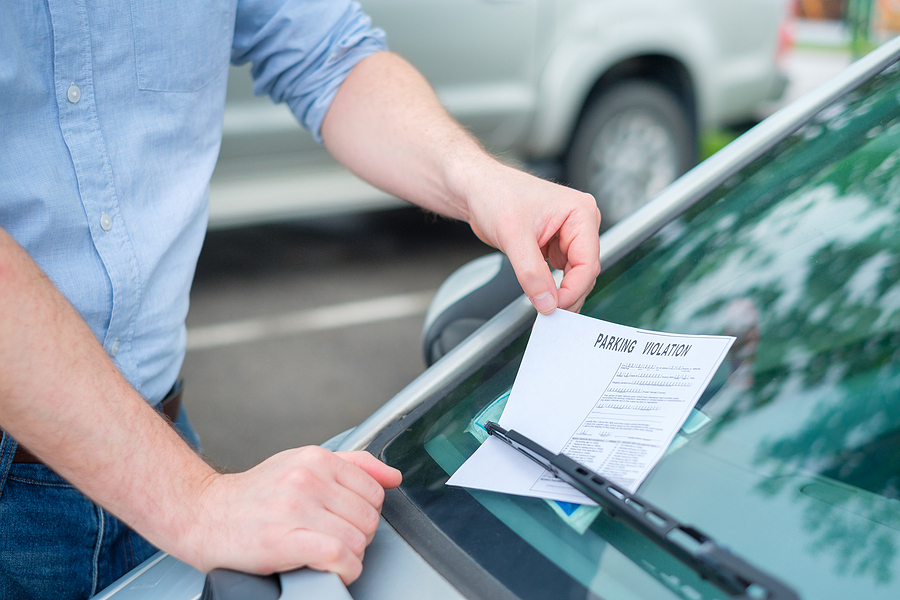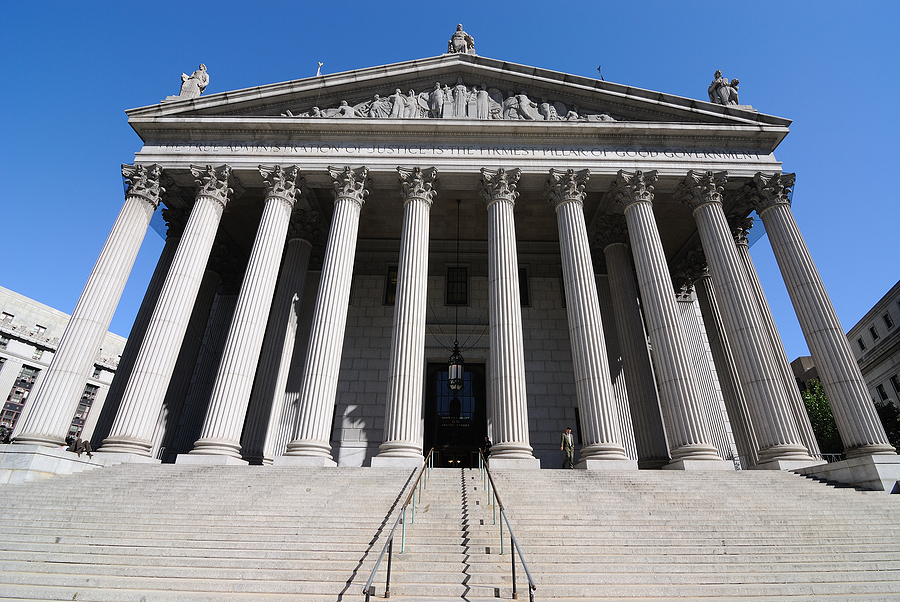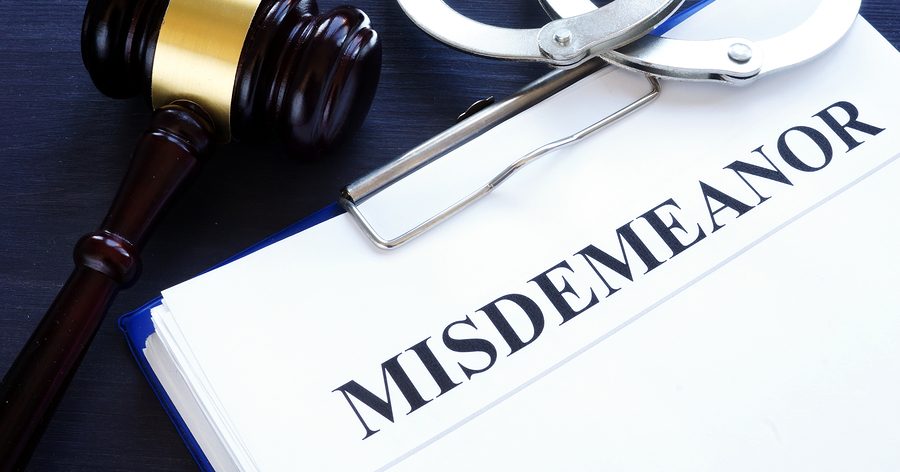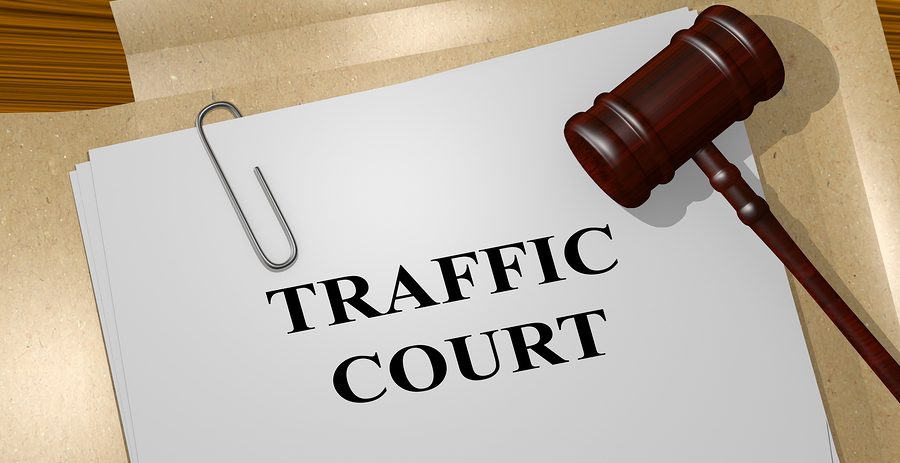Crimes are categorized and classified, then sub-categorized and sub-classified. But all crimes fall under one of three principal categories: felony, misdemeanor, an infraction. State legislation is to thank for the way crimes are categorized in your town and they do this based on their severity. Infractions, as you might have guessed, are the least serious type of crime. But they are crimes, nonetheless.
Because of their less-serious nature, many people are confused as to whether or not an infraction is grounds for arrest. Continue below to learn if you can be arrested for committing an infraction in Indiana, plus what to do if it happens to you.

Petty Offenses in Indiana
Here in Indiana, infractions are considered petty offenses, which is why they are more commonly referred to as violations than they are infractions or crimes. For this same reason, most people do not think they are grounds for a physical arrest, and they would be right. Most people are not arrested for committing an infraction-level offense, nor sentenced to jail or probation.
No Arrest and No Jail Time
Because defendants facing an infraction are not facing jail time or probation, they do not get a jury trial. This means they do not get a court-appointed public defender either. Defendants facing infraction charges have the option to hire their own private Indianapolis criminal defense attorney or represent themselves. Rather than a jury deciding on the outcome of their case, the judge will be the main decision-maker on handing down a verdict. Although you have the option, it is not usually necessary to hire a lawyer for an infraction case. Your best course of action would be to discuss your situation with the traffic court administrators.
The Most Common Types of Infractions
The most common types of infractions typically involve traffic offenses. This means that the majority of infraction cases are civil rather than criminal. If you are guilty of an infraction, you will likely be cited on the spot by a licensed officer or you will receive a bench warrant in the mail. A common example of an infraction would be a speeding ticket that requires payment of a fine and takes a point off of your driving record.
Misdemeanor Crimes
Misdemeanor crimes are more serious than infractions because they pose the risk of jail time, probation, restitution, and several other court-ordered penalties. Misdemeanor crimes are categorized into three “Classes” based on the seriousness of the crime: Class A, Class B, and Class C. They are punishable by up to 1 year in an Indiana Department of Corrections facility, fines up to $5,000 (not including court costs and probation fees), and several other penalties which include: suspended drivers’ license, probation, routine urine screening, community service, alcohol/drug education, victim impact panels, high risk auto insurance, and more. If you are charged with a misdemeanor in Indiana, it is important that you hire a licensed Indianapolis criminal defense lawyer to fight your charges and obtain the best possible outcome in court.
Do you want access to the best possible chance at beating your misdemeanor or felony charges in Indiana? Contact Attorney David E. Lewis at 317-636-7514 to speak with a seasoned criminal defense lawyer in Indianapolis, Indiana. Our law firm will get you the best possible outcome to your criminal case!
Related Posts:
How a Pretrial Diversion Program May Reduce Your Sentence
Should I Plead No Contest if My Criminal Charge is Minor?
How the Appeal Filing Process Works in Indiana






